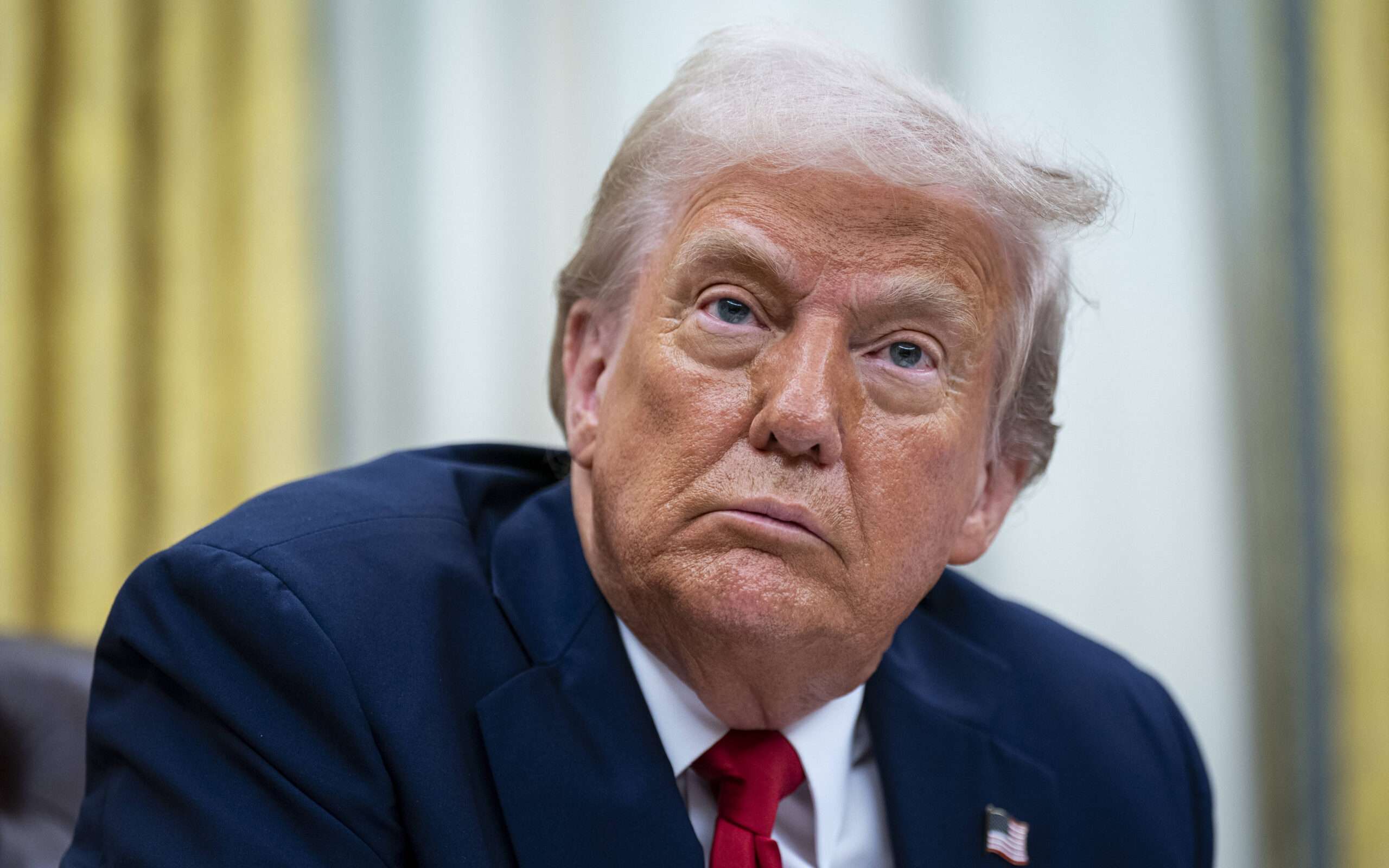Universities and the Trump Administration Clash
In an unprecedented move, the Trump administration has frozen over $1 billion in federal funding for Cornell and Northwestern universities. The decision is rooted in a controversial investigation of alleged civil rights violations.
Published April 11, 2025 - 00:04am

Image recovered from arabnews.com
The Trump administration has instigated a significant political and educational controversy by freezing more than $1 billion designated for Cornell University and $790 million for Northwestern University. This action is part of a larger campaign directed at curbing what the administration describes as civil rights violations, predominantly focusing on alleged antisemitism and other politically charged campus policies.
At the heart of the administration's maneuver is a proposal to withhold federal funding from academic institutions involved in pro-Palestinian protests, questioning their handling of diversity, equity, and inclusion programs, as well as transgender policies. According to sources in Washington, the pause in funding—which affects crucial research contracts with federal health, education, agriculture, and defense departments—highlights growing tensions between federal directives and university autonomy.
Cornell University has responded by noting its receipt of stop work orders from the Defense Department, affecting projects of national significance in defense, cybersecurity, and health. University officials, including President Michael I. Kotlikoff, confirmed efforts to gain clarification from federal authorities regarding the basis of these funding decisions. Meanwhile, Northwestern remains in the dark, with spokesperson Jon Yates emphasizing the university's cooperation with ongoing federal investigations and expressing concern about the impact on vital research activities.
The move by President Donald Trump and his administration has drawn widespread criticism from human rights advocates, who argue it infringes on free speech and academic freedom. Critics suggest this is the administration's latest attempt to leverage federal funding to enforce political compliance across academic institutions, a view supported by the contentious actions taken against Columbia University and Harvard University in recent months.
Columbia University had previously faced similar scrutiny, resulting in the reconsideration of $400 million in federal funding over alleged antisemitic behavior during campus protests. In a compromise to restore funding, Columbia agreed to implement significant policy changes, a result that has provoked debate over the limits of academic freedom and governmental interference.
Furthermore, the Trump administration recently communicated with over 60 universities, indicating potential actions should they fail to counter antisemitism and ensure the welfare of Jewish students. The critique of universities has been widespread, stemming from the portrayal of participants in pro-Palestinian rallies as antisemitic, allegedly supportive of Hamas militants, and seen as broader foreign policy threats.
This development follows a historic attack by the armed group Hamas against Israel in October 2023, which led to a military offensive in Gaza, inciting global protest and extensive human rights concerns. At campuses across the United States, the president's accusations have sparked accusations that protesters' support for Palestinian rights is being falsely equated with antisemitism, sparking outrage and counter-protests.
A contentious point is the administration's crackdown on foreign student protesters, some of whom have faced deportation or revocation of student visas, while others have been temporarily detained. During this contentious period, the administration has faced allegations of Islamophobia, compounded by the broader context of the Israel-Gaza conflict.
Amid this backdrop, Harvard University faces a review of $9 billion in federal funds and has been set conditions to align with federal requirements. Institutions such as Princeton and Brown University have also had research grants paused, linked to accusations of failure in addressing antisemitic actions on their campuses.
This federal insistence, described by some education and rights advocates as heavy-handed, seeks sweeping policy resolutions across academic settings, including compliance on antisemitism, diversity, and inclusion. However, whether these targeted threats will create campuses genuinely free of discrimination or simply stifle academic discourse remains a crucial debate in the US educational landscape.







